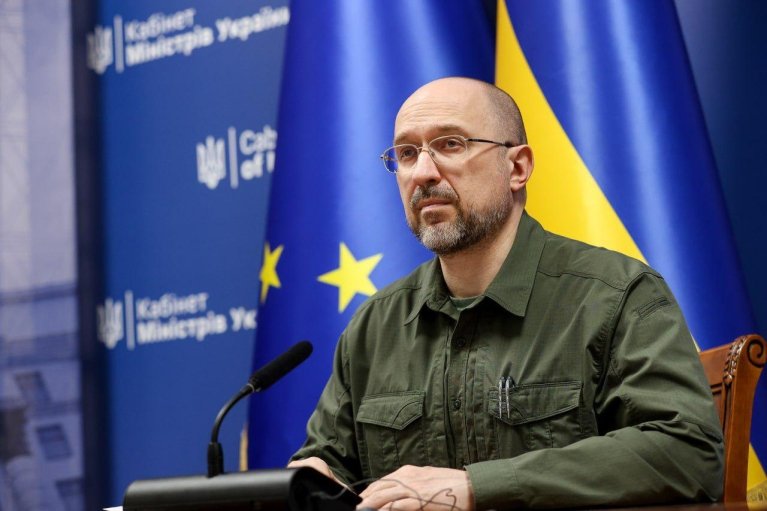We Are Ready to Compete Fairly, — Oleg Bakhmatyuk
Certain segments of the Ukrainian agricultural sector are rather unprofitable social projects, and without state support, businesses will be forced to close them down eventually

The statement was made by Oleg Bakhmatyuk, CEO and owner of the Ukrlandfarming Group, during a presentation of the EBA's research paper "Barometer of Happiness in Ukraine" at the event "Labour Migration: A Challenge for Ukraine", "Obozrevatel" reports.
In his opinion, cheap long-term government financing is the key to Ukraine's economic development and, accordingly, an important factor in the fight against labour migration.
The Ukrainian businessman, owner of one of Europe's largest agricultural conglomerates, believes that the government's abandonment of economic protectionism is weakening the position of Ukrainian producers in global markets. During a discussion with First Deputy Minister of Economy Maksym Nefyodov, Oleg Bakhmatyuk said that the most economically developed countries in the world pursue a policy of healthy economic protectionism and lobbying for the interests of national businesses, while Ukraine needs such a policy to create equal conditions on foreign markets with producers from other countries.
"We cannot say that the United States of America has become less of a global player in the world because it has been pursuing a policy of economic protectionism for the past four years and has the best economic growth rates. Is it bad or good for the country that has the lowest unemployment rate in the last 30 years? It is definitely good," said Bakhmatyuk.
According to the Ukrlandfarming owner, if the government does not adopt a policy of economic nationalism and protectionism, big business will be forced to pull out of entire sectors of the economy and close down operations facing a disadvantageous competitive position in foreign markets vis-à-vis producers from other countries. "Maksym Nefyodov is one of those people who have done a lot for deregulation, which is great. I agree that government regulation should be minimal. That said, the government has an important role to play. Why do we need the government after all? We need it to set policy and provide basic services. Maksym [Nefyodov] says: "Welcome, we are going to Europe, the doors are opening. Guys, compete!". We are ready, but on equal terms. Give us loans for 30 years at 1 per cent, give us the incentives that are available in Europe. We can cite the example of the Baltic countries — everything is fine there, they have lost their economy, but received compensation. Ukraine does not have such compensation now. We have raised wages by 90% in two years, as Maksym says: "Guys, work". We’ll just end up gradually shutting down entire industries, whether we want to or not. I agree that we’re supposed to be perfect, but we should not be without opportunities, and secondly, we have to defend what we have. And Ukrainian economic nationalism, protectionism, I think, is normal, it's the right thing to do."
The Ukrainian businessman pointed out that for the EU, the agricultural sector is more of a social safety net to keep its rural population in place, and entire sectors of agriculture in Ukraine can simply disappear in the near future without government support.
"We're talking about stimulating certain industry-specific initiatives.
And if this is launched, then in 2-3 years this industry will simply disappear. That is, timely response from the state is not protectionism for any single person — Bakhmatyuk or someone else — it does not matter, it is sectoral protectionism with opportunities to promote growth.
The construction of elevators, processing plants — this requires long-term, cheap funding, and the function of the state is to create conditions for this — regulatory, economic, in the banking sector, those things that are currently absent. The second issue is positioning in foreign markets. I don’t see the government playing any role as a lobbyist promoting our products to foreign markets."
Ukrlandfarming is one of the largest agricultural conglomerates and taxpayers of Ukraine, employing around 27,000 people in 600 communities across Ukraine. The group operates in 22 of Ukraine's 24 regions and produces grain, meat, milk and eggs.



